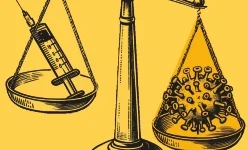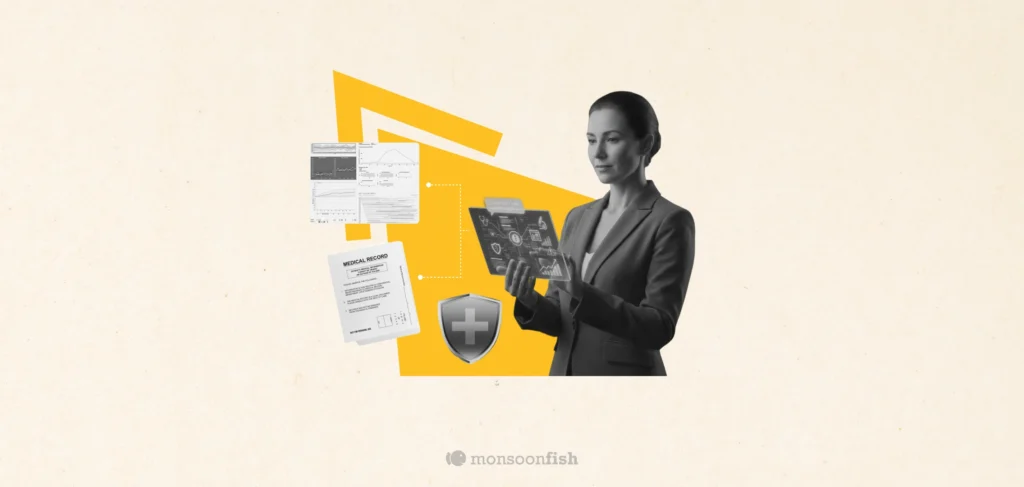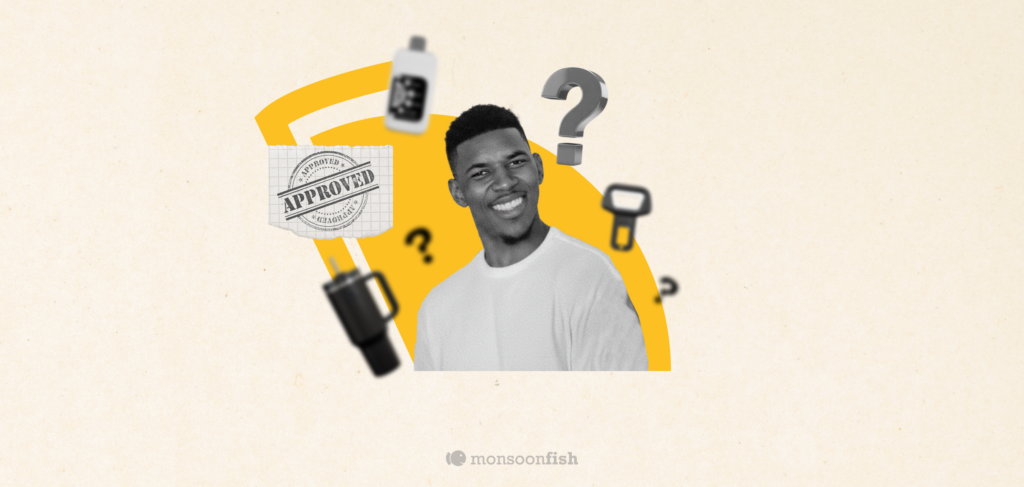Dr. Anya Sharma was conducting a survey on local eating habits. Her goal was to understand the community’s fruit and vegetable consumption to inform public health initiatives. She set up a booth at the local farmers’ market, armed with questionnaires and a friendly smile.
Her first participant, a middle-aged man named David, seemed eager to help. One of Anya’s questions was, “How many servings of fruits and vegetables do you consume on an average day?” David, a picture of health in his workout gear, confidently replied, “Oh, at least five! I’m really conscious about my diet.” Anya beamed, ticking the “five or more” box.
Her next participant, Sarah, a young woman with a cart full of fresh produce, also claimed to eat at least five servings. Anya was thrilled. It seemed like her community was remarkably health-conscious. Throughout the day, many participants gave similar answers, painting a picture of a population dedicated to healthy eating.
However, as Anya analyzed the data later that evening, a nagging doubt crept in. The responses seemed almost too good. Could everyone in the community really be consuming the recommended amount of fruits and vegetables? She recalled noticing some participants hesitating before answering, others glancing around as if checking who was listening. She realized that people might be giving the answers they thought she wanted to hear, the answers that reflected well on them, rather than the truth. They wanted to appear health-conscious. This tendency to answer questions in a way that is seen as socially acceptable, even if it’s not entirely accurate, skewed the results and made them unreliable.
This highlights the response bias, where individuals’ answers in surveys or interviews are influenced by social desirability or other factors, leading to inaccurate data and potentially misleading conclusions.











































